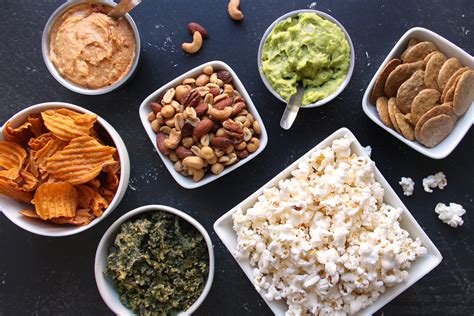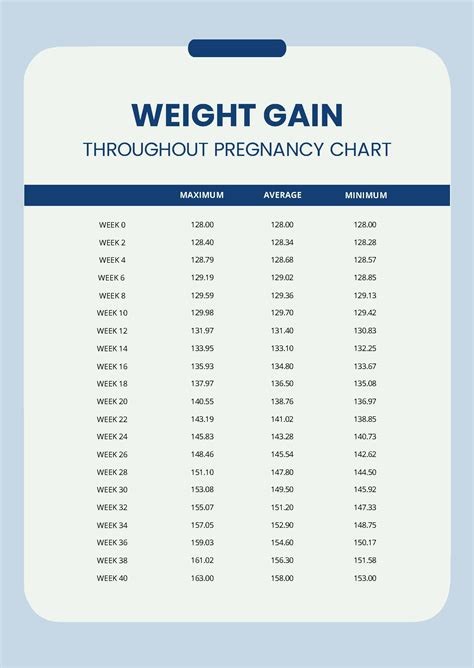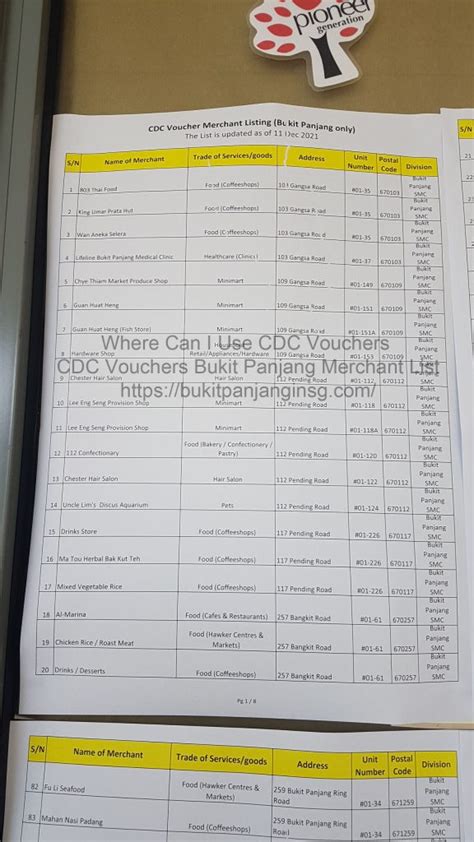Introduction
Losing weight can be a challenge for women of all ages. But with the right diet, you can reach your weight loss goals and improve your overall health. Here are 20 diet secrets that can help you lose weight and keep it off:

- Eat 30 grams of fiber per day. Fiber helps you feel full and satisfied, so you’re less likely to overeat. Good sources of fiber include fruits, vegetables, whole grains, and beans.
- Drink 8 glasses of water per day. Drinking plenty of water helps you feel full and reduces your cravings for sugary drinks. Aim to drink a glass of water before each meal and snack.
- Eat breakfast every day. Breakfast kick-starts your metabolism and helps you avoid overeating later in the day. Choose a breakfast that is high in protein and fiber, such as oatmeal, yogurt, or eggs.
- Snack on healthy foods. When you’re hungry between meals, reach for healthy snacks such as fruits, vegetables, nuts, or yogurt. Avoid sugary snacks such as candy, chips, and cookies.
- Limit processed foods. Processed foods are often high in calories, sugar, and unhealthy fats. Choose whole, unprocessed foods such as fruits, vegetables, whole grains, and lean protein.
- Cook more meals at home. Cooking at home gives you more control over the ingredients in your food. You can choose healthy ingredients and avoid processed foods.
- Read food labels carefully. Paying attention to food labels can help you make healthier choices. Look for foods that are low in calories, sugar, and unhealthy fats.
- Avoid sugary drinks. Sugary drinks are a major source of empty calories. Choose water, unsweetened tea, or coffee instead.
- Get enough sleep. When you’re sleep-deprived, you’re more likely to make poor food choices and overeat. Aim for 7-8 hours of sleep per night.
- Manage stress. Stress can lead to overeating. Find healthy ways to manage stress, such as exercise, yoga, or meditation.
- Find a support system. Having a support system can help you stay motivated and on track with your weight loss goals. Join a weight loss group, talk to a friend or family member, or find a personal trainer.
- Set realistic goals. Losing weight takes time and effort. Don’t set yourself up for failure by setting unrealistic goals. Aim to lose 1-2 pounds per week.
- Don’t give up. There will be times when you slip up and overeat. Don’t let setbacks derail your progress. Just pick yourself up and keep going.
- Reward yourself. When you reach a weight loss goal, reward yourself with something non-food related. This could be a new outfit, a massage, or a vacation.
- Make gradual changes. Don’t try to change your entire diet overnight. Start by making small changes, such as adding a serving of fruit to your breakfast or lunch.
- Don’t be afraid to ask for help. If you’re struggling to lose weight, don’t be afraid to ask for help from a registered dietitian or other healthcare professional.
- Don’t compare yourself to others. Everyone’s body is different. Focus on your own weight loss journey and don’t compare yourself to others.
- Be patient. Losing weight takes time and effort. Don’t get discouraged if you don’t see results immediately. Just keep at it and you will eventually reach your goals.
- Make lifestyle changes. Losing weight is more than just dieting. It’s about making lifestyle changes that you can stick to long-term. Find ways to incorporate healthy eating and exercise into your daily routine.
- Don’t give up. Losing weight can be challenging, but it’s worth it. Don’t give up on your weight loss goals. Keep at it and you will eventually reach your goals.
How to Create a Diet Plan for Weight Loss for Females
Creating a diet plan for weight loss for females can be a daunting task. There are so many different diets out there, and it can be hard to know which one is right for you. Here are a few tips to help you get started:
- Start by talking to your doctor. Your doctor can help you determine if you are healthy enough to lose weight and can recommend a diet plan that is right for you.
- Set realistic goals. Don’t try to lose too much weight too quickly. Aim to lose 1-2 pounds per week.
- Make gradual changes. Don’t try to change your entire diet overnight. Start by making small changes, such as adding a serving of fruit to your breakfast or lunch.
- Choose nutrient-rich foods. Focus on eating foods that are high in nutrients, such as fruits, vegetables, whole grains, and lean protein.
- Limit processed foods. Processed foods are often high in calories, sugar, and unhealthy fats. Choose whole, unprocessed foods instead.
- Cook more meals at home. Cooking at home gives you more control over the ingredients in your food. You can choose healthy ingredients and avoid processed foods.
- Read food labels carefully. Paying attention to food labels can help you make healthier choices. Look for foods that are low in calories, sugar, and unhealthy fats.
- Avoid sugary drinks. Sugary drinks are a major source of empty calories. Choose water, unsweetened tea, or coffee instead.
- Get enough sleep. When you’re sleep-deprived, you’re more likely to make poor food choices and overeat. Aim for 7-8 hours of sleep per night.
- Manage stress. Stress can lead to overeating. Find healthy ways to manage stress, such as exercise, yoga, or meditation.
- Find a support system. Having a support system can help you stay motivated and on track with your weight loss goals. Join a weight loss group, talk to a friend or family member, or find a personal trainer.
- Be patient. Losing weight takes time and effort. Don’t get discouraged if you don’t see results immediately. Just keep at it and you will eventually reach your goals.
- Make lifestyle changes. Losing weight is more than just dieting. It’s about making lifestyle changes that you can stick to long-term. Find ways to incorporate healthy eating and exercise into your daily routine.
- Don’t give up. Losing weight can be challenging, but it’s worth it. Don’t give up on your weight loss goals. Keep at it and you will eventually reach your goals.
Best Diets for Weight Loss for Females
There are many different diets that can help you lose weight. Some of the most popular diets for women include:
- The Mediterranean diet is a healthy eating plan that emphasizes fruits, vegetables, whole grains, and lean protein. The Mediterranean diet has been shown to be effective for weight loss and improving heart health.
- The DASH diet is a healthy eating plan that is designed to lower blood pressure. The DASH diet is also a good choice for weight loss.
- The flexitarian diet is a semi-vegetarian diet that emphasizes plant-based foods. The flexitarian diet is a good choice for weight loss and improving overall health.
- The vegan diet is a plant-based diet that excludes all animal products. The vegan diet is a good choice for weight loss and improving overall health.
- The ketogenic diet is a high-fat, low-carbohydrate diet that forces the body to burn ketones for energy. The ketogenic diet is a good choice for weight loss and improving blood sugar control.
Pros and Cons of Different Diets for Weight Loss for Females
The Mediterranean diet
Pros:
- The Mediterranean diet is a healthy eating plan that emphasizes fruits, vegetables, whole grains, and lean protein.
- The Mediterranean diet has been shown to be effective for weight loss and improving heart health.
- The Mediterranean diet is a flexible diet that can be tailored to your individual needs and preferences.
Cons:
- The Mediterranean diet can be expensive to follow, especially if you buy organic produce.
- The Mediterranean diet can be difficult to follow if you eat out frequently.
- The Mediterranean diet may not be a good choice for people with certain medical conditions, such as kidney disease.
The DASH diet
Pros:
- The DASH diet is a healthy eating plan that is designed to lower blood pressure.
- The DASH diet is also a good choice for weight loss.
- The DASH diet is a flexible diet that can be tailored to your individual needs and preferences.
Cons:
- The DASH diet can be expensive to follow, especially if you buy organic produce.
- The DASH diet can be difficult to follow if you eat out frequently.
- The DASH diet may not be a good choice for people with certain medical conditions, such as kidney disease.
The flexitarian diet
Pros:
- The flexitarian diet is a semi-vegetarian diet that emphasizes plant-based foods.
- The flexitarian diet is a good choice for weight loss and improving overall health.
- The flexitarian diet is a flexible diet that can be tailored to your individual needs and preferences.
Cons:
- The flexitarian diet may not be a good choice for people who love meat
















